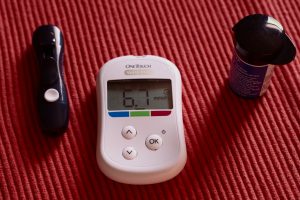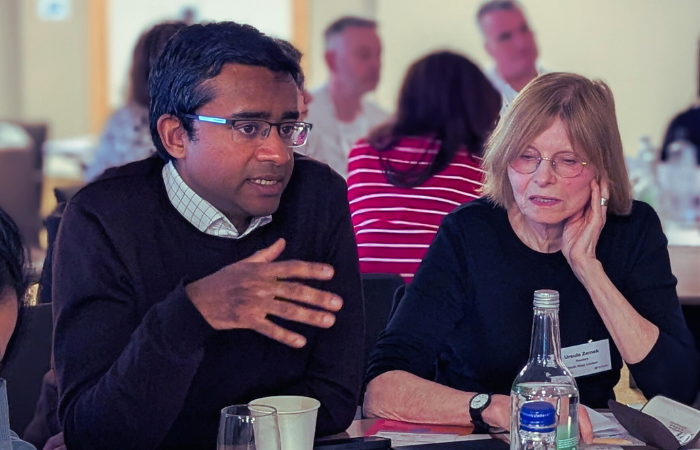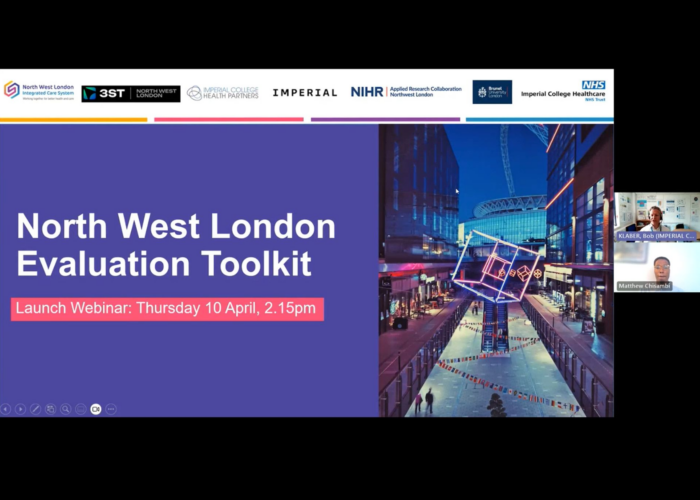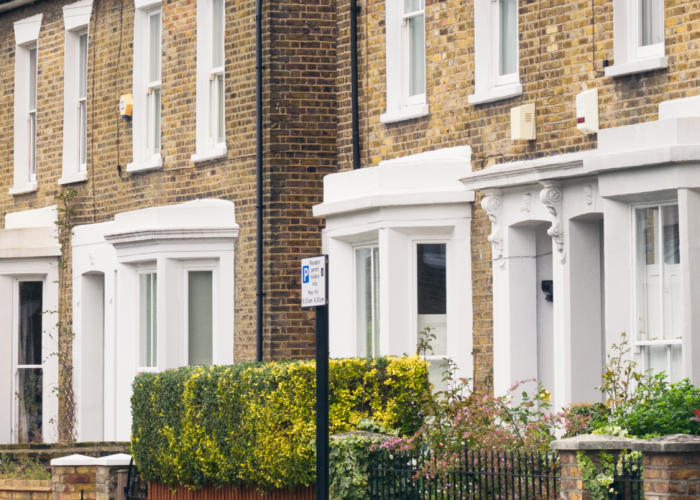
The Risk Algorithms for Decision Support and Adverse Outcomes Reduction (RADAR) project is aiming to change the management of Type 2 Diabetes Mellitus for both patients and clinicians. By testing and rolling out successful Artificial Intelligence models, the project aims to allow patients to better understand what factors contribute to potential complications and allow clinicians to implement earlier interventions.
Denis Collen, who lives Type 2 Diabetes on taking part in RADAR reflects on how the impact of the research; while two project leads discuss the benefits of collaboration for this project.
I was first diagnosed with Heart Failure and Type 2 Diabetes in April 2010 which spurred me with the desire to want to become more involved in my healthcare and put me on the path of becoming a patient member of the Harrow CCG diabetes strategy board in 2017.
During the pandemic I found myself on the government shielded population list which was designed to protect people like me who were deemed clinically extremely vulnerable from COVID-19. During shielding my life completely changed from having to move my own consultancy practice to online, not being able to visit friends or go to the shops and being restricted to exercising once a day.
Following my experience of shielding I was motivated to look for further opportunities to become involved in healthcare and support other people living with Type 2 Diabetes in my Harrow community and North West London. During this time members from the North West London Diabetes Transformation Programme (NWL-DTP) Team who run the Know Diabetes Programme, reached out to say they were looking for patients to take part in projects to help support and engage people with Type 2 Diabetes to adapt to working digitally. With my background this was a great opportunity for me to use my experience and skills to become involved.
The RADAR Project
The NWL-DTP team invited me to take part in the ‘Risk Algorithms for Decision Support and Adverse Outcomes Reduction Project or, the RADAR project.
This project involved people like me living with Type 2 Diabetes in North West London, supported by clinicians, to provide feedback on the development and usability of tools in a platform called MyWay which have been designed to help predict patient levels of risk from their conditions.
I attended a series of online workshops with 8-10 other people living with Type 2 Diabetes in North West London to understand the background of the tools and the potential benefits they could bring in supporting people living with Type 2 Diabetes with the management of their condition.
Supporting the development
After our introduction to the project team, we had the opportunity to log in and test how we found using the tools in practice. This involved us logging into a test site to review and record our observations via a feedback form on the content and functionality of the platform including being asked for our thoughts on screenshots showing how the My Way platform looked on different devices and screens, e.g., via desktop, tablet, and phone models.
All of our feedback was submitted and, in a follow-up workshop the team discussed with us our views and ensured they had fully understood all our observations. This took place over an afternoon session using online whiteboards and group discussions ensuring everything was captured and documented.



